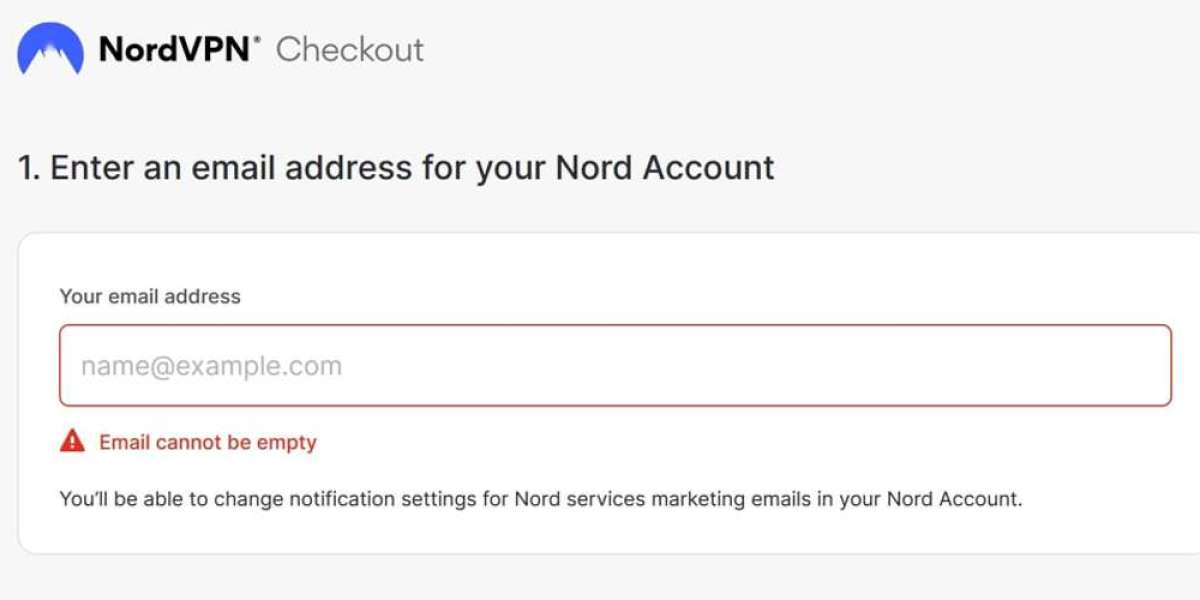Best Book Marketing Strategies to Boost Your Sales and Visibility
Marketing a book is often as important as writing one. Whether you are a self-published author or working with a publishing house, effectively promoting your work can determine its success. In today's competitive market, simply releasing a book is not enough. You need a plan that gets your book in front of the right readers. In this blog, we’ll explore the best book marketing strategies that can help you increase visibility, build your brand, and boost book sales.
1. Build a Strong Author Platform
One of the first steps in book marketing is establishing a personal brand. An author platform is a combination of your online presence, including your website, blog, email list, and social media channels.
Website: Your website should serve as a central hub with information about you, your books, your upcoming events, and your contact details.
Blogging: Sharing writing tips, behind-the-scenes content, or personal stories can connect readers to you on a deeper level.
Social Media: Use platforms like Instagram, Twitter (X), LinkedIn, and Facebook to engage with readers. Share excerpts, run polls, and start conversations around topics in your book.
Having a strong online presence helps you stay connected to your readers and makes it easier to promote future releases.
2. Leverage Email Marketing
Email marketing remains one of the most powerful tools for authors. Building an email list allows you to communicate directly with your audience. Use your website to collect email addresses by offering a free chapter, a short story, or useful content in exchange for sign-ups.
Once you have a list, send out regular newsletters. Share writing updates, book recommendations, personal stories, and promotional offers. Keep it personal and engaging—make your subscribers feel like part of your journey.
Email campaigns are especially effective when launching a new book. You can send countdown emails, exclusive early access links, or limited-time discounts to generate excitement.
3. Use Book Reviews and Influencers
Social proof plays a big role in convincing new readers to pick up your book. Try to gather as many reviews as possible—both from readers and reputable reviewers.
ARC Campaigns: Send out Advance Reader Copies (ARCs) to bloggers, YouTubers, and influencers in your genre. In exchange, ask them to post honest reviews around your launch date.
Book Review Sites: Submit your book to review websites like Kirkus, BookLife, Readers' Favorite, and Online Book Club.
Amazon and Goodreads: Encourage readers to leave reviews on Amazon and Goodreads, as many potential buyers read reviews before making a purchase.
Collaborating with influencers and getting featured on book blogs can expand your reach beyond your current network. This is one of the best book marketing strategies for building long-term credibility.
4. Run a Book Launch Campaign
A successful book launch can set the tone for your book's success. Don’t just quietly release it—plan a proper campaign.
Pre-launch Buzz: Share cover reveals, teaser excerpts, and countdowns. Host live Q&A sessions or do a behind-the-scenes post about your writing process.
Launch Events: Consider hosting a virtual book launch party via Zoom or Facebook Live. Invite your audience, do a reading, and take questions.
Discounts and Giveaways: Offering your book at a discounted price or hosting a giveaway during launch week can drive sales and reviews quickly.
Use all available channels—your email list, social media, and blog—to promote your campaign. The first few weeks after launch are critical for momentum.
5. Paid Advertising
While organic growth is essential, paid advertising can give your book a substantial boost—especially when targeted correctly.
Amazon Ads: These are particularly effective because they reach readers who are already on the platform looking to buy.
Facebook and Instagram Ads: These offer powerful targeting tools that allow you to reach specific demographics, interests, and reading preferences.
Book Promotion Sites: Websites like BookBub, Freebooksy, and Bargain Booksy allow you to promote your book to large subscriber lists.
When used wisely, advertising can be one of the best book marketing strategies to get your book in front of new readers.
6. Collaborate with Other Authors
Author collaborations can expand your audience and provide mutual support. Partner with authors in your genre to:
Run joint giveaways.
Share each other’s work in newsletters.
Organize multi-author events or anthologies.
Working together allows you to cross-promote and tap into each other’s fan bases. It’s a cost-effective and mutually beneficial strategy.
7. Use Content Marketing
Repurpose your book’s content to attract new readers. For example:
Turn chapters into blog posts or podcasts.
Share tips or quotes from your book on social media.
Create infographics or videos based on your content.
This strategy not only helps with SEO but also gives potential readers a taste of your work. When they find your content valuable, they’re more likely to buy the full book.
8. Track and Optimize
Marketing is not a one-time task—it’s an ongoing process. Track which strategies are working and which ones are not.
Use tools like Google Analytics, Mailchimp reports, and Amazon KDP dashboards to monitor performance.
A/B test your email subject lines or ad creatives.
Ask for reader feedback and adjust accordingly.
Continuously learning and optimizing your marketing strategy will keep your efforts fresh and effective.
Conclusion
There’s no single magic formula to guarantee book sales, but applying a mix of the best book marketing strategies tailored to your audience can greatly improve your chances of success. Start with the basics—build your platform, grow your email list, and seek reviews. Then, scale up using advertising, influencer outreach, and ongoing content marketing.







